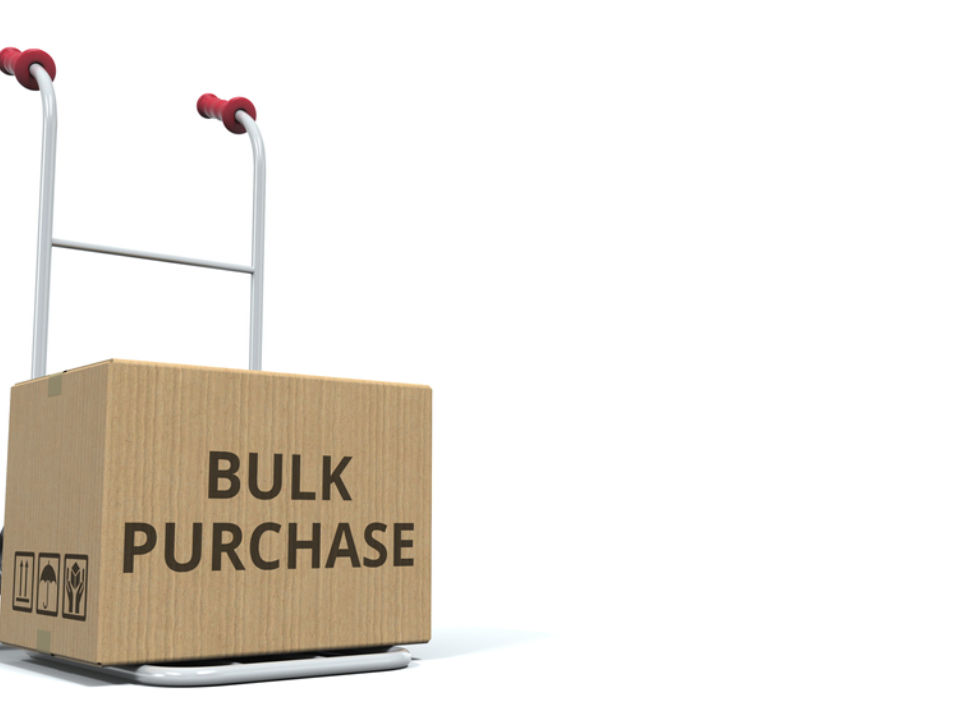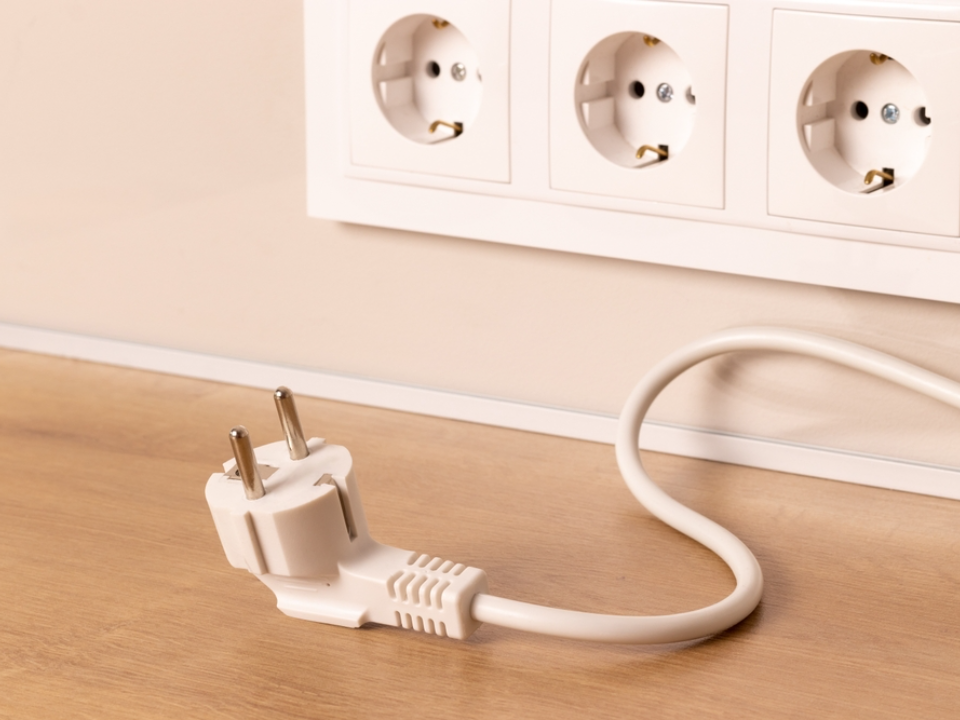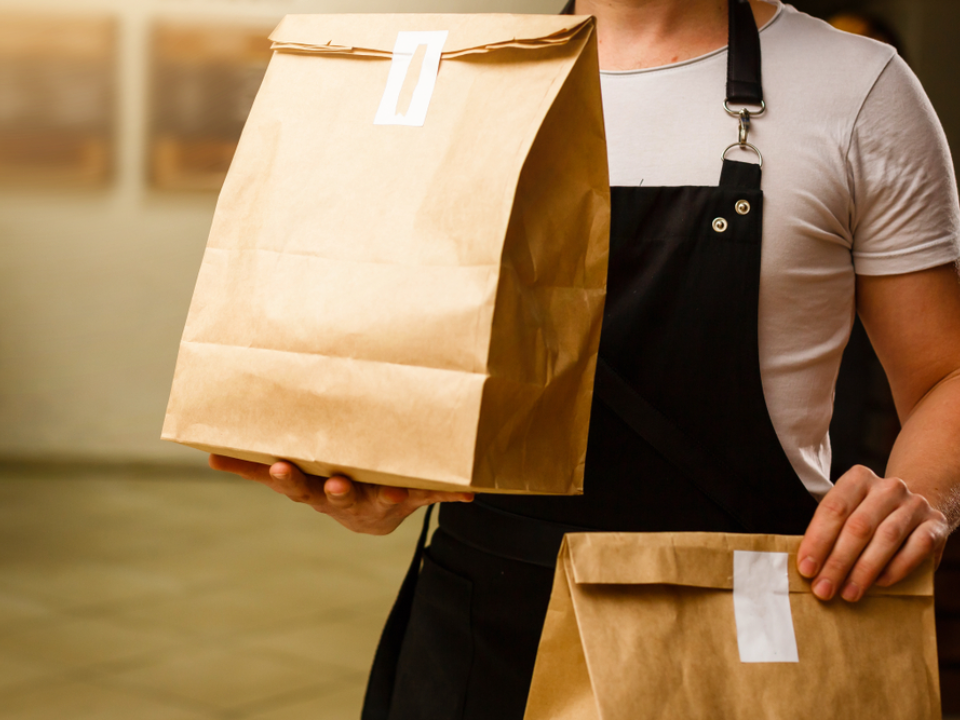15 Practical Frugal Tips That Save You Real Money
Saving money does not always require drastic changes or sacrifices. In fact, there are plenty of clever frugal hacks that can help you cut costs without compromising your lifestyle. From simple household adjustments to mindful shopping, these tips can have a lasting impact on your budget. Many of these strategies are easy to implement and require little time or effort. Whether you’re looking to save on groceries, utilities, or everyday expenses, small changes can lead to big savings.
This post may contain affiliate links, which helps keep this content free. Please read our disclosure for more info.
Make Your Own Cleaning Supplies

Creating your own cleaning products is a simple and cost-effective way to save money. Common household ingredients like vinegar, baking soda, and lemon juice can replace expensive store-bought cleaners. These ingredients are also non-toxic and environmentally friendly. By mixing these ingredients at home, you can keep your home sparkling clean while spending very little.
Additionally, making your own cleaning supplies helps you avoid the chemicals found in many commercial cleaners. This frugal hack is not only budget-friendly but also healthier for your family. You can store these homemade cleaners in reusable bottles, further reducing waste. Over time, the savings from this hack will add up, making it a win for both your wallet and the planet.
Buy Generic Brands

Many generic brands offer the same quality as their name-brand counterparts at a fraction of the cost. Whether it’s grocery items, household products, or personal care items, generic brands often have a similar composition and effectiveness. The price difference between name-brand and generic products can be significant, and choosing generic is an easy way to cut your shopping bill.
While some items may differ slightly in taste or texture, many generic options are indistinguishable from their branded alternatives. If you’re willing to try them, you’ll likely find that the savings are well worth it. In fact, many stores offer money-back guarantees if you’re unsatisfied with a product, allowing you to test the value without risk. Over time, sticking to generics can lead to substantial savings.
Meal Prep for the Week

Preparing meals in advance is one of the best ways to save money on food. When you plan and cook meals for the week, you eliminate the need for takeout or impulse purchases. Meal prepping helps reduce food waste since you’ll use ingredients more efficiently and avoid buying extra. You can batch-cook large portions, which are both cost-effective and time-saving.
By choosing meals that can be made in bulk, you stretch your grocery dollars further. Additionally, prepping meals in advance can help you stick to a healthier diet, as you’ll have nutritious options readily available. The time spent on meal prep each week can lead to significant savings, especially when you avoid the temptation to buy meals on the go.
Use Public Transportation

Instead of driving everywhere, try using public transportation as an alternative. Bus and subway systems are often cheaper than the cost of gas, parking, and vehicle maintenance. This frugal hack is particularly effective for those living in cities with good public transit systems. You’ll not only save money on fuel but also reduce the wear and tear on your vehicle.
Public transportation can also save you time, as you avoid the stress of traffic and parking. In many cities, there are options like passes or discounts for frequent riders, which can make this hack even more affordable. Plus, it’s an environmentally friendly choice, as fewer cars on the road mean less pollution. Over time, this simple change can lead to significant savings in both your budget and your carbon footprint.
Shop Secondhand

One of the easiest ways to save money is by shopping secondhand. Whether you’re looking for clothing, furniture, or household items, thrift stores, consignment shops, and online marketplaces are goldmines for inexpensive goods. Many secondhand items are gently used and still in excellent condition. You can find quality items at a fraction of the cost of new ones.
Not only does shopping secondhand save you money, but it’s also a great way to be more sustainable. By purchasing used items, you’re reducing demand for new products, which helps decrease waste. Whether it’s vintage clothing or gently used electronics, you can find amazing deals if you’re willing to hunt for them. Over time, this habit can result in big savings and unique finds.
Cancel Unused Subscriptions

Subscription services for streaming, magazines, or fitness apps can easily add up without providing much value. Take a close look at your monthly subscriptions and cancel any that you no longer use. It’s easy to overlook recurring payments for services you rarely engage with. By cutting these out, you can reclaim a significant amount of money each month.
Many subscriptions offer a free trial or a discounted rate for the first few months, and if you’re not using them, there’s no reason to continue paying. You can always revisit these services later if needed, but for now, eliminating the ones that are not beneficial can make a big difference in your finances. Regularly reviewing your subscriptions and cutting unnecessary ones is an easy, ongoing frugal habit.
Buy in Bulk

Purchasing products in bulk is an effective way to lower your per-unit costs. Items like grains, pasta, spices, and cleaning products can often be found in larger quantities at a better price. Many stores, especially warehouse clubs, offer bulk discounts, and buying this way reduces the need for frequent trips to the store.
In addition to saving money, buying in bulk reduces packaging waste. You can store bulk items in airtight containers to extend their shelf life and keep them organized. If you have the storage space, buying in bulk can be a very frugal way to save in the long term. Over time, the savings from bulk purchases will add up, making it a smart financial decision.
Grow Your Own Vegetables

Growing your own fruits and vegetables is a satisfying way to save money on groceries. You don’t need a large garden—many vegetables can be grown in pots or small spaces. By planting your own food, you can skip the high prices of fresh produce at the store. Additionally, you have control over what goes into your plants, making it a healthier option.
If you choose high-yield crops like tomatoes, lettuce, or herbs, you can have a steady supply throughout the year. Starting a small garden in your backyard or on your balcony is an easy frugal hack that will reduce your grocery bill over time. Even if you live in an apartment, there are container gardening options that can be surprisingly effective. The cost savings from homegrown produce can be substantial.
Use Coupons and Cashback Apps

Taking advantage of coupons and cashback apps is a great way to save on both everyday purchases and big-ticket items. Many stores offer digital coupons, which are easy to find and use. Cashback apps like Rakuten or Ibotta give you rebates on purchases made at participating retailers, helping you save a percentage of what you spend.
Even if you don’t have a lot of time to hunt for coupons, using cashback apps and digital offers can quickly add up. These savings can be applied to groceries, clothing, electronics, and even restaurant bills. Incorporating this simple hack into your shopping routine can provide ongoing, easy-to-access savings.
Unplug Appliances When Not in Use

Many appliances and electronics consume energy even when they’re turned off. This “phantom” energy usage can significantly increase your utility bill over time. Unplugging devices like chargers, toasters, and coffee makers when you’re not using them helps reduce this unnecessary energy drain.
In addition to unplugging appliances, consider using power strips so you can easily cut power to multiple devices at once. This habit requires minimal effort but can result in noticeable savings on your electricity bill. Being mindful of energy usage in your home is a simple yet effective frugal hack that helps lower both your costs and your environmental impact.
Use Reusable Containers and Bags

Investing in reusable containers and shopping bags can save you money in the long run. Instead of constantly buying plastic bags or disposable containers, use your own when you shop or store food. Many stores even offer discounts for customers who bring their own bags.
Not only does this frugal habit reduce waste, but it also keeps you from spending money on items you can easily reuse. Reusable containers are often sturdier and more versatile than their disposable counterparts. Over time, the cost savings from not buying disposable products can add up, making this a smart investment.
Opt for DIY Haircuts

While salon haircuts can be expensive, doing your own haircuts at home is a frugal alternative. With a little practice and the right tools, you can trim your hair or even cut it yourself. There are plenty of online tutorials to guide you through the process, making it easy to save money on salon visits.
If you’re not comfortable cutting your hair yourself, consider having a family member or friend do it. This can be especially useful for kids’ haircuts, which often require more frequent trimming. By cutting your own hair or relying on a friend, you can eliminate the cost of professional haircuts altogether, leading to significant savings over time.
Cut Back on Takeout and Delivery

Ordering food for delivery or takeout can add up quickly, especially if you do it frequently. By reducing how often you order out, you can save a significant amount of money each month. Instead, try preparing meals at home, which can be just as convenient and much cheaper.
Consider meal prepping or making larger batches of food that can be eaten throughout the week. You can also save by making simple, quick recipes that require fewer ingredients. Cutting back on takeout and delivery not only saves money but also encourages healthier eating habits.
Switch to a Cheaper Phone Plan

If your current phone plan is too expensive, consider switching to a more affordable option. Many mobile providers offer budget-friendly plans that offer the same features at a lower cost. Prepaid plans or discount carriers can offer significant savings without sacrificing coverage.
Take the time to evaluate your phone usage and see if you can adjust your plan to better fit your needs. Many people overpay for features they don’t use, such as data packages. By switching to a more affordable plan, you can reduce your monthly expenses without compromising on service.
Buy Off-Season

Shopping for clothes, outdoor gear, or holiday decorations off-season is a great way to save money. Items that are in high demand during certain times of the year are often marked down after the season ends. For example, winter clothing is usually discounted in the spring, and summer items go on sale in the fall.
Planning ahead and purchasing these items during off-peak times means you can get great deals on quality products. This strategy can also apply to travel, as flights and accommodations tend to be cheaper during off-peak seasons. By being strategic with your timing, you can save a lot on items that you’ll need later.
This article originally appeared on Avocadu.
